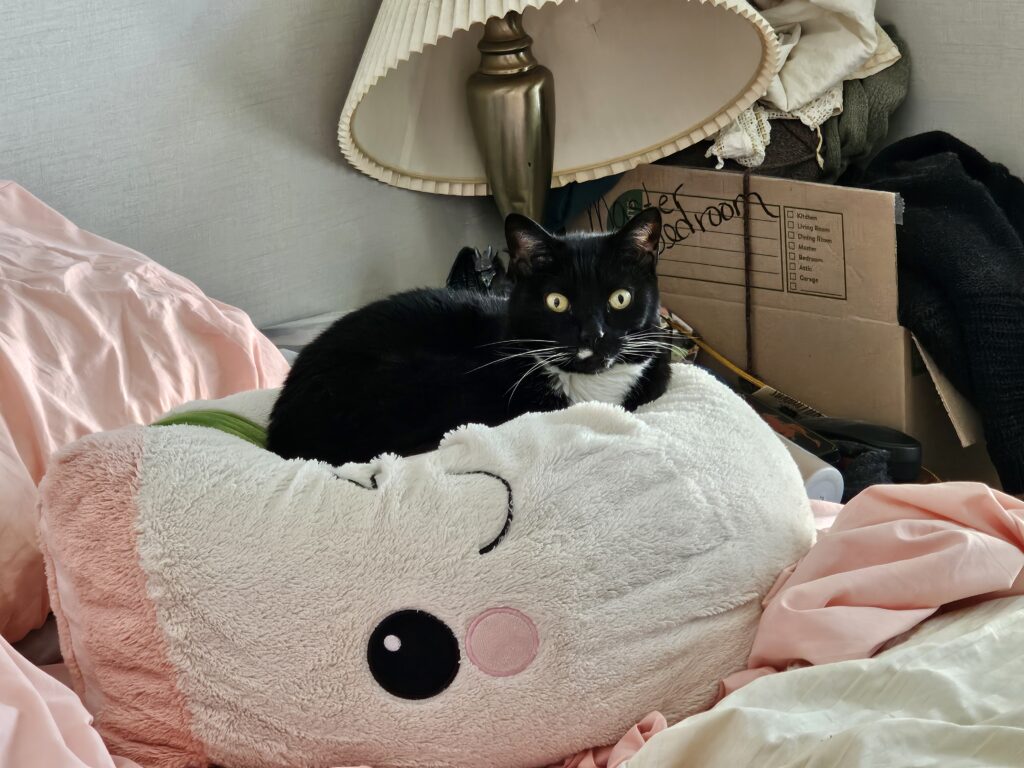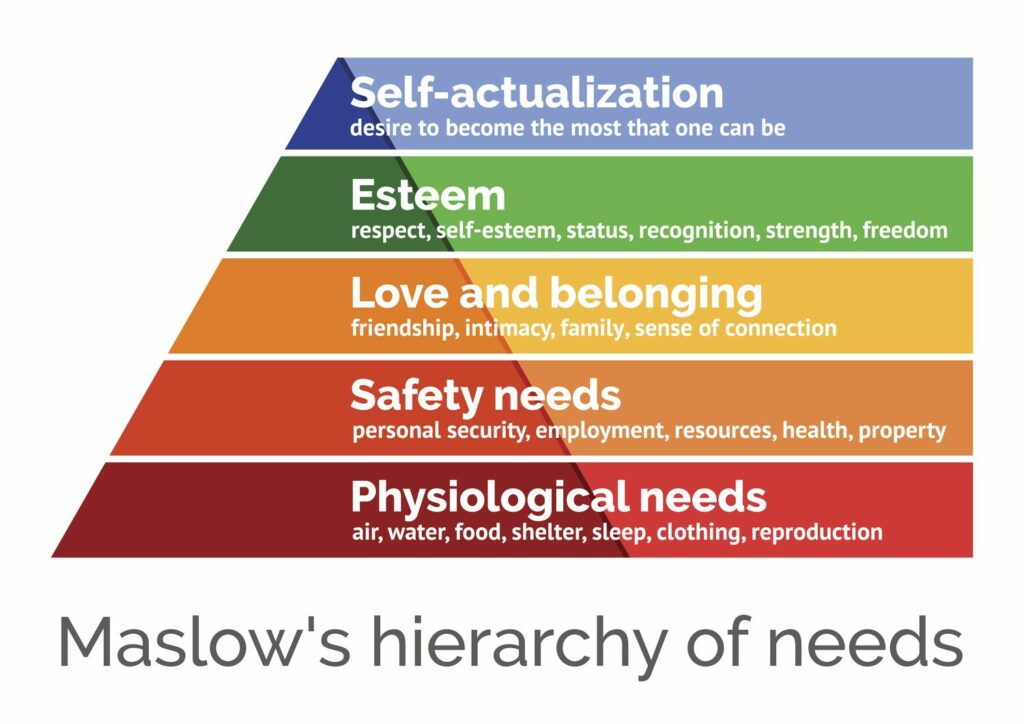I recently watched a video from music and production guru Rick Beato where he discusses the strange course of his life over 62 years and how much it changed in the later years of his life and career. Here’s the video if you’re interested:
One of the more interesting takeaways is the idea that one of his most valuable skill sets at this point in his career is probably his ability to tell stories. He does it a lot. Stories of his life and career and collaborators… he talks about songs and musical constructs like they’re friends or old business partners.
I pondered this for a bit, and I realized that it really is central to his appeal. I enjoy his channel and return and again and again; even when I’m only tangentially interested in the content of a video, I’ll tune in.
Now I’ve long understood how personality drives entertainment. My first career was in radio, and the bulk of it involved putting people on the air and providing them the tools and support they needed for success. In that environment it’s impossible to miss the fact that the only real difference between one radio show or another, most of the time, was in the personalit(ies) that drove the program. As a podcaster over the years I’ve relied on the same mechanism – I’m not saying a whole of things that listeners can’t find elsewhere, but I say it in my own way.
I tell stories.
As the years have slipped by, however, I’ve become more and more disillusioned with the stories I tell. As an interviewer, I always prided myself on being able to find “true” moments in a conversation, particularly by disrupting a person’s ability to rely on rehearsed and regurgitated answers. Not excessively, of course; you’re not going to get a lot of interviews if you routinely make people uncomfortable. But now I find that so many of my stories are the same. They’re starting to feel rehearsed and uninspired.
Is that because I’m not creating new experiences worth talking about? Is it because my perspective on life and my hobbies and interests no longer evolves with enough grit to create new context?
Does getting older mean having less to say?
How often have you visited with an elder just to hear them share the same story you’ve heard before. I think we often dismiss this as their inability to remember that you’ve already heard it. But what if it’s just that we have a habit of telling ourselves and the people around us stories all our lives, and that as we get older the stories become more inflexible? We literally have less to say?
Unless we continue to push ourselves to have new experiences.
The real obstacle there is that getting older invariably means having less energy to devote to the exploration. Rick mentions in the video above that he started his YouTube channel in 2016. He would have been 54 at the time, launching into a new adventure with very little idea what he was getting into. And that he’s so glad he did it then, because he doesn’t know that he’d have the energy to pull it off if he started at 62.
I turned 49 recently. Sometimes I still feel young – particularly if I’m not calling attention to aches and pains with any sort of locomotion – and sometimes quite the opposite. I still love so many of the things that I do: writing and running RPGs, writing songs, working on my next novel. You know… telling stories. It gets harder and harder. I still read a lot, absorb TV and movies, and listen to music and podcasts… to get inspiration. To learn from those stories. Trying to perfect the craft of telling a story.
But how important is the art of storytelling if you have nothing new to say?
I don’t have an answer. Yet. Here’s a picture of my cat.

